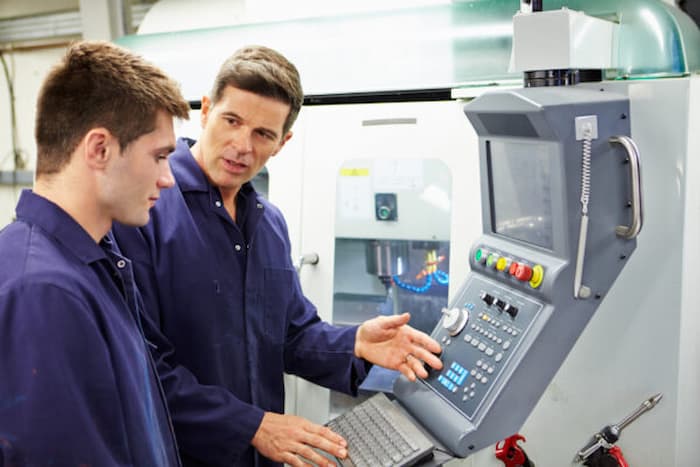
The UK manufacturing sector has long been a cornerstone of the economy, driving innovation, exports, and high-value employment. Yet, it faces a critical and growing challenge: the skills gap.
Across the industry, manufacturers are struggling to recruit and retain the skilled people they need to grow, innovate, and remain competitive. The scale of the problem is stark—75% of manufacturers identify skills shortages as their single biggest barrier to growth.
The Consequences of the Skills Gap
- Impeded growth and innovation – Without the right talent, firms are unable to expand or adopt new technologies, slowing the pace of innovation and leaving the sector less agile.
- Reduced productivity and competitiveness – Almost half of manufacturers reported reduced activity in 2024 due to skills shortages, with output suffering and costs rising.
- Increased costs and wage inflation – Scarcity of labour has forced many firms to raise salaries and offer one-off bonuses, further squeezing margins.
- Heightened risk of errors – An overworked and under-skilled workforce increases the risk of mistakes and product defects.
- Negative impact on staff – Existing employees face heavier workloads and mounting pressure, with 68% of employers acknowledging the knock-on impact of skills gaps on staff wellbeing.
Root Causes of the Problem
Several factors underpin the challenge:
- Ageing workforce – An estimated 20% of the engineering workforce will retire by 2026, creating a looming experience deficit.
- Negative perceptions – Manufacturing still struggles with an outdated image, seen by many as repetitive, low-skilled work rather than the high-tech, rewarding careers it now offers.
- Inadequate training and investment – Education does not always equip young people with the digital and technical skills needed for advanced manufacturing, from robotics to AI.
- Competition from other industries – Sectors such as technology and finance attract much of the digitally skilled talent manufacturers need.
- External shocks – Brexit reduced access to skilled workers from the EU, while the COVID-19 pandemic accelerated retirements and disrupted training pipelines.
How Manufacturers Are Responding
Despite these challenges, manufacturers are adapting with resilience and creativity:
- Upskilling existing staff – Investment in retraining and development is rising, helping employees to meet the demands of new technologies.
- Automation and digitalisation – Many are turning to advanced machinery, robotics, and automation to reduce reliance on scarce labour.
- Attracting new talent – Companies are rebranding the industry, offering flexible working, and creating clearer career progression to make roles more appealing to younger generations.
- Collaboration with education – Partnerships between manufacturers and educational institutions are helping to ensure training better aligns with industry needs.
Looking Ahead
Closing the skills gap will be essential to unlocking the future of UK manufacturing. It requires long-term investment in people, greater collaboration between industry and education, and a rethinking of how manufacturing presents itself to the next generation.
As an industry, we must highlight the exciting, high-tech, and rewarding careers modern manufacturing offers—and ensure we build the skilled workforce that will keep the UK at the forefront of innovation.


